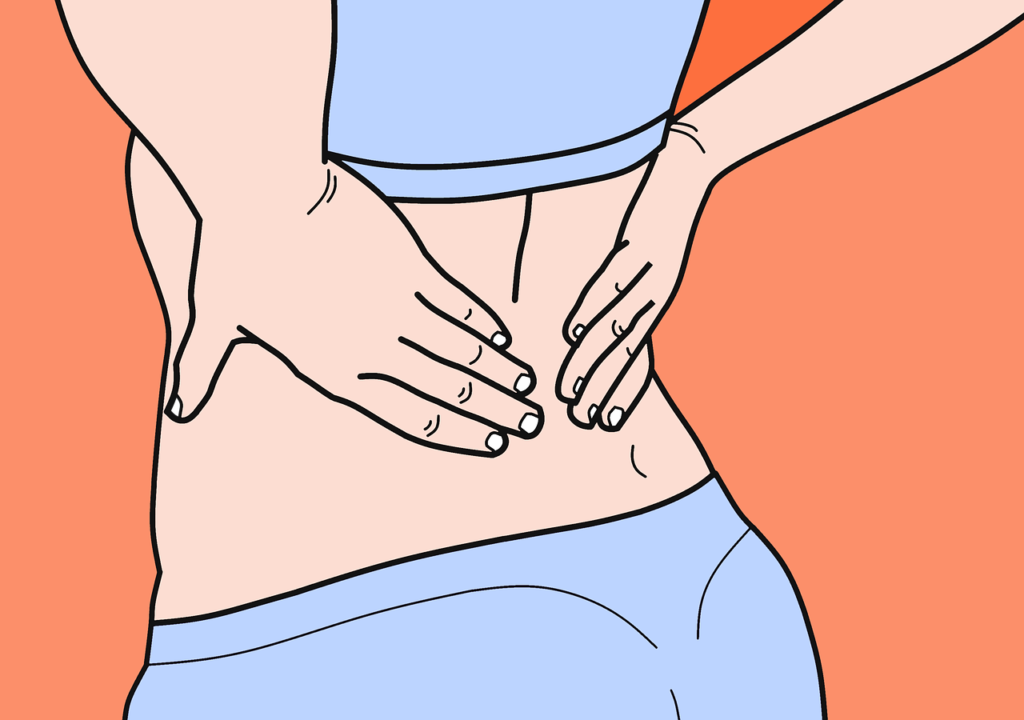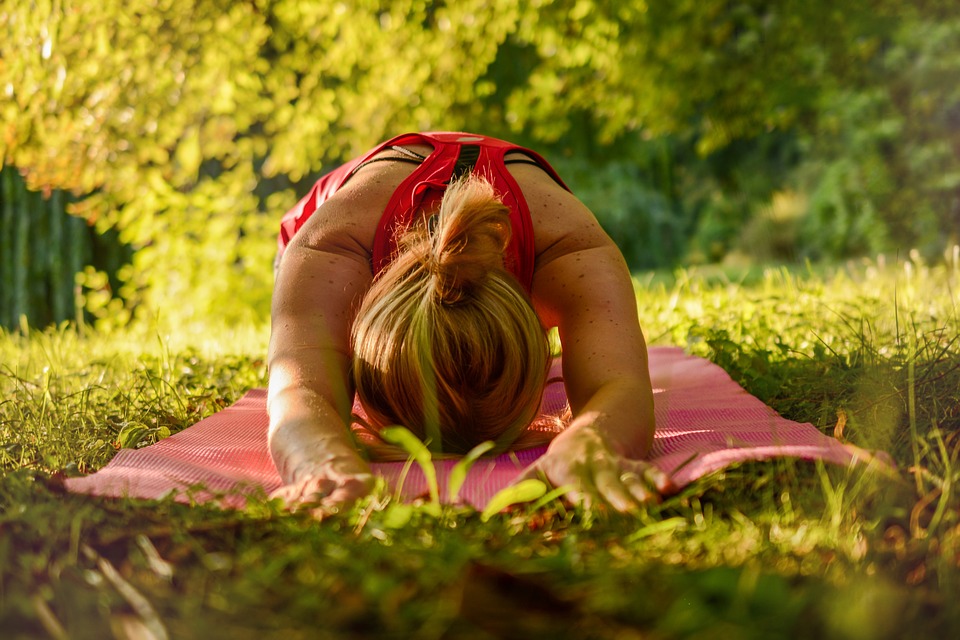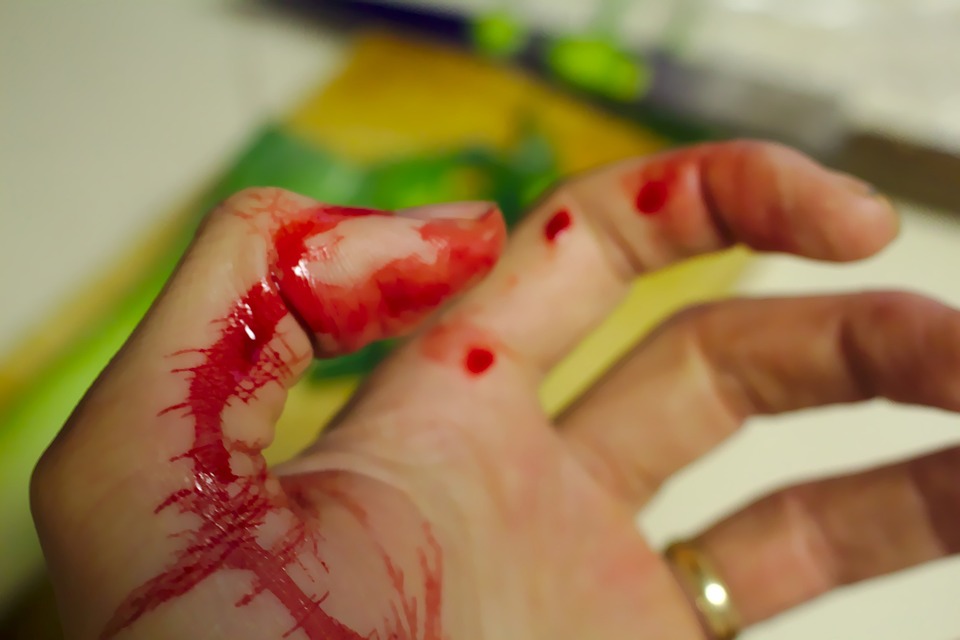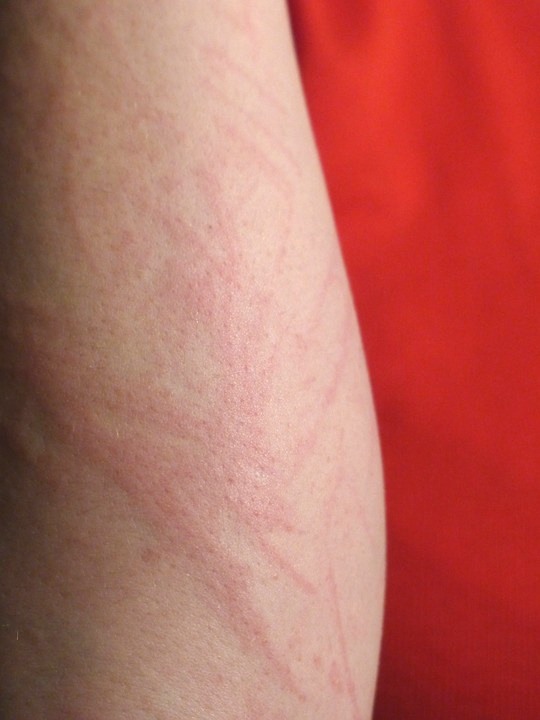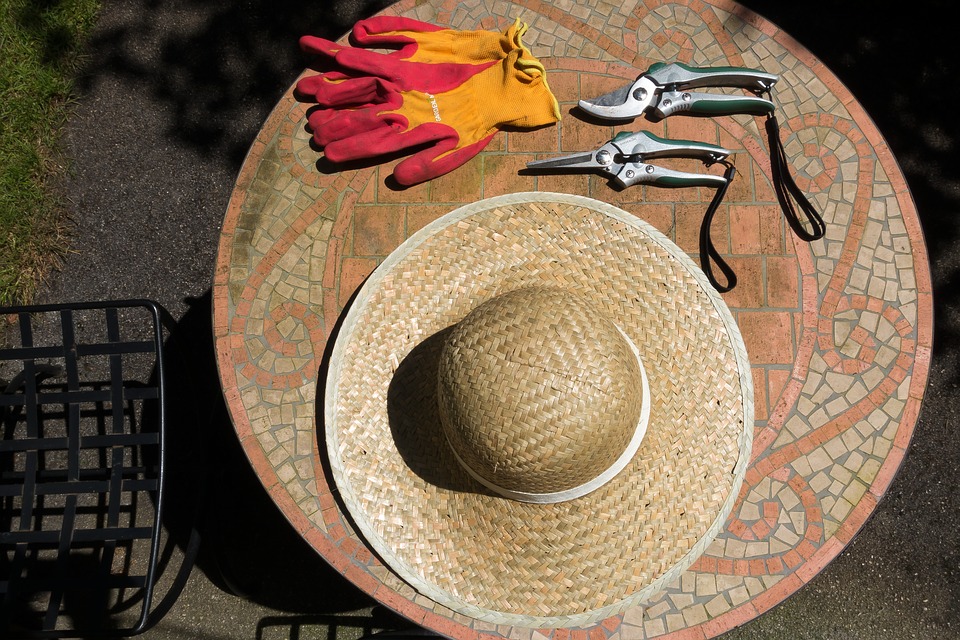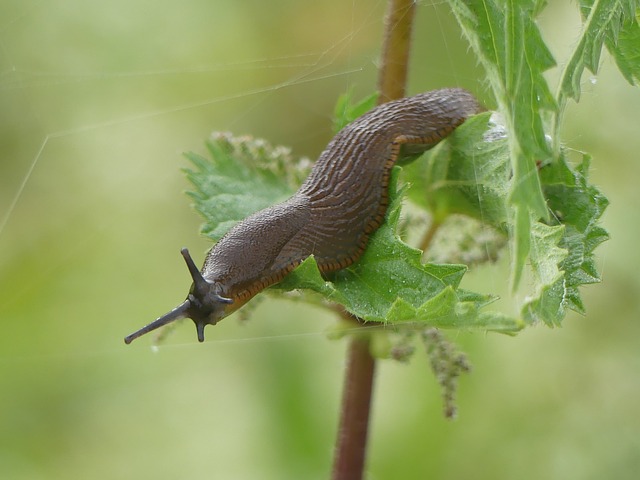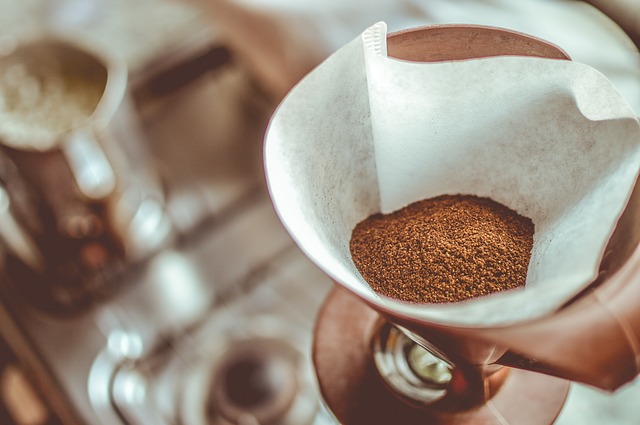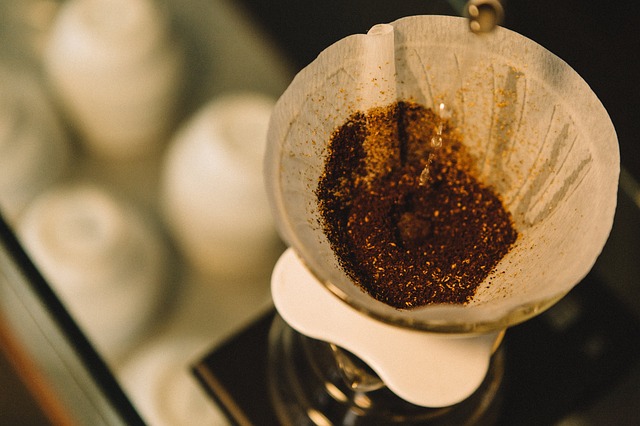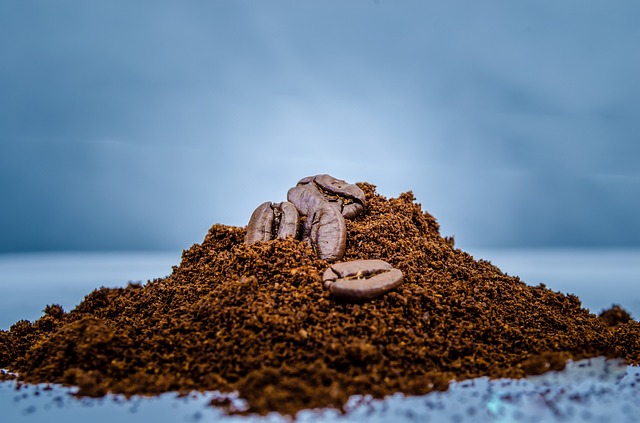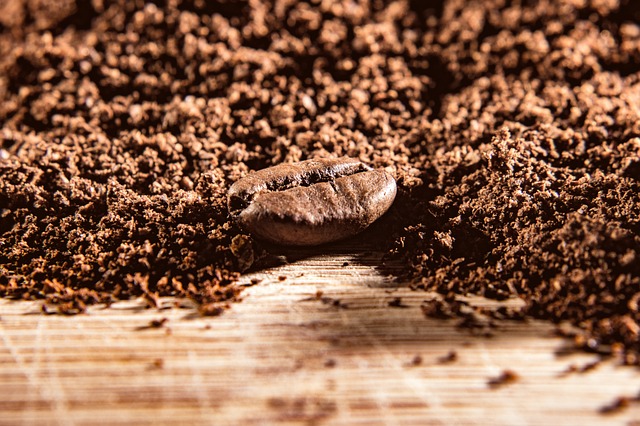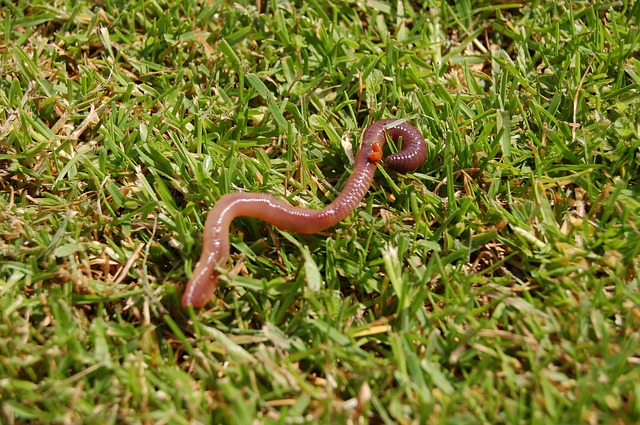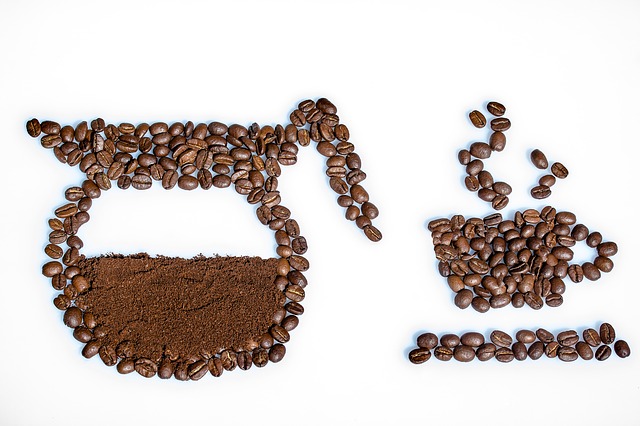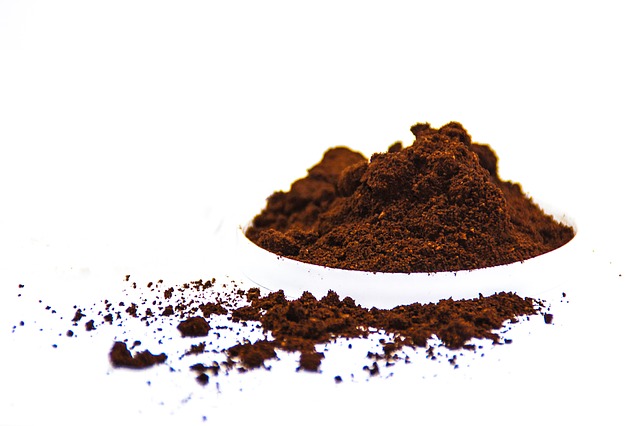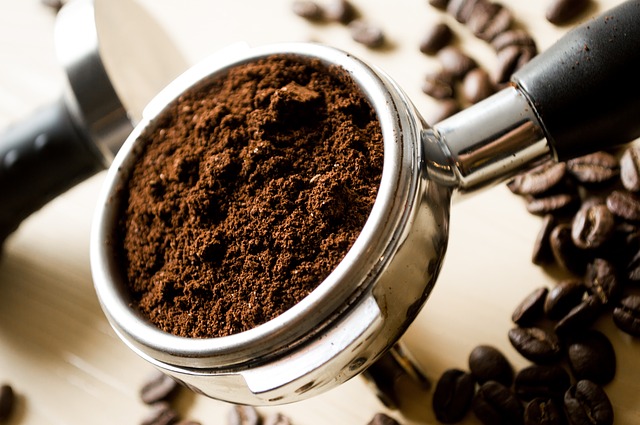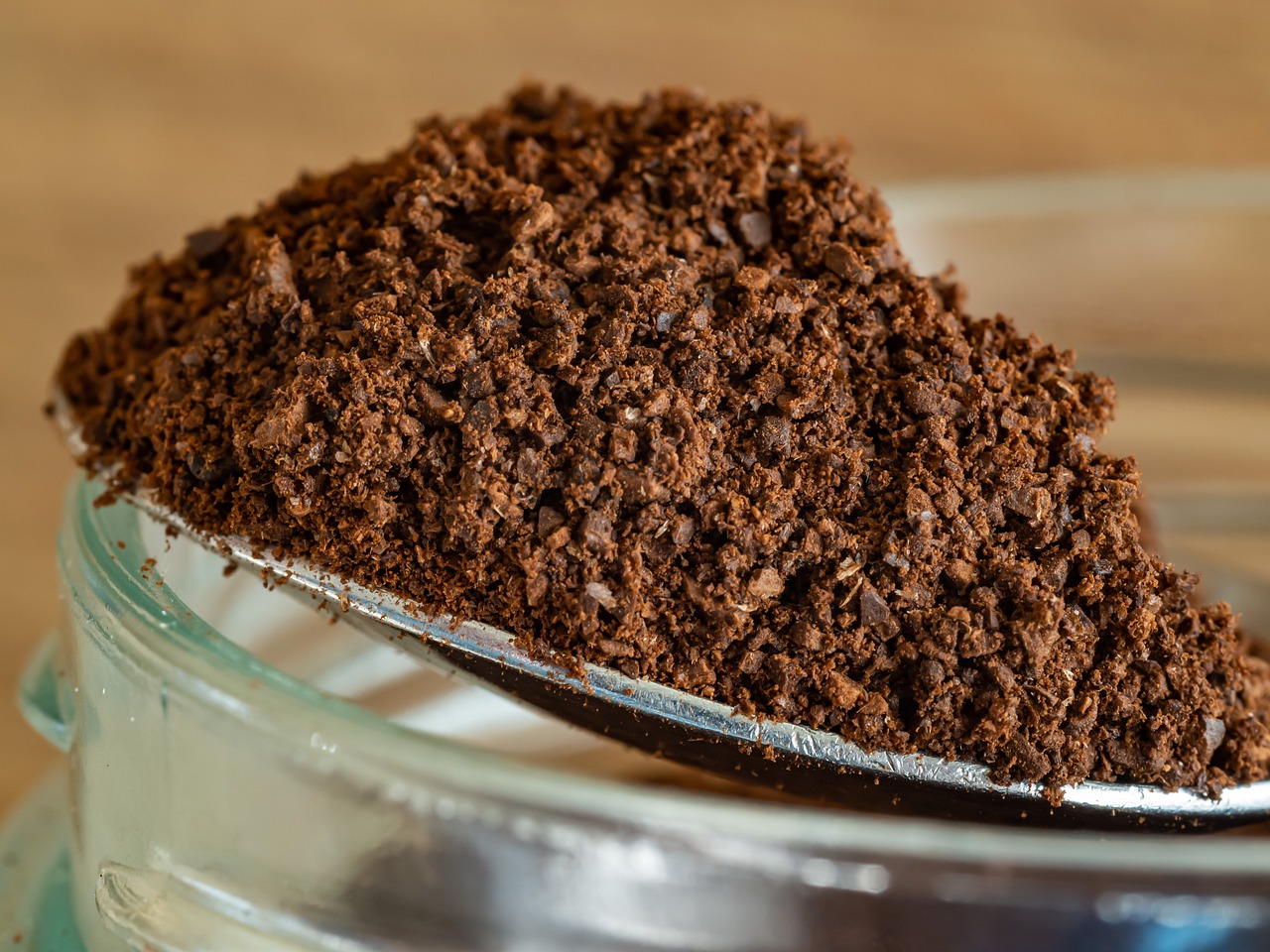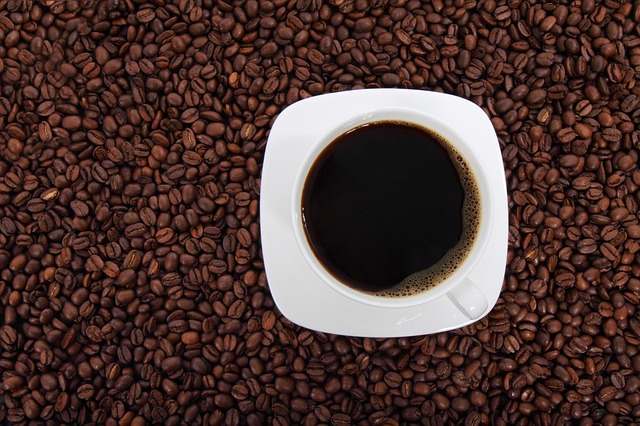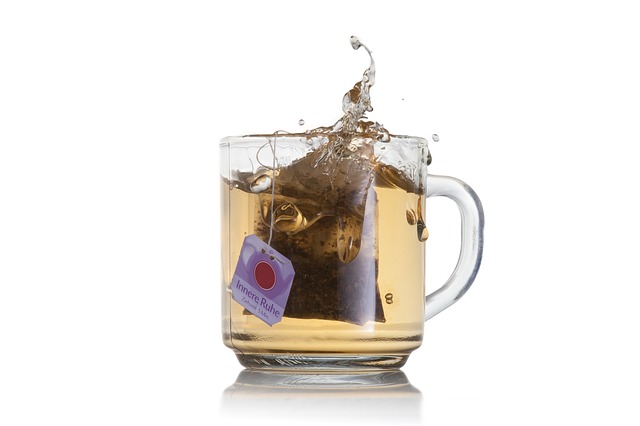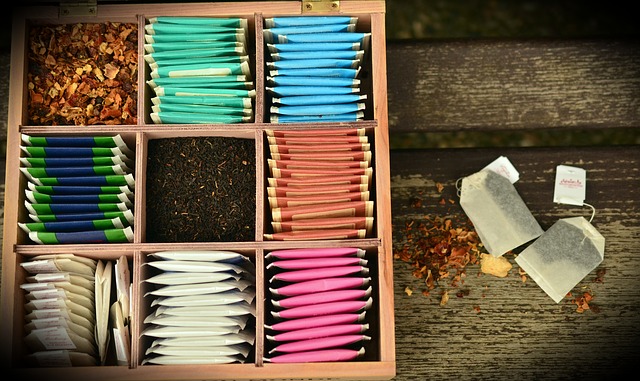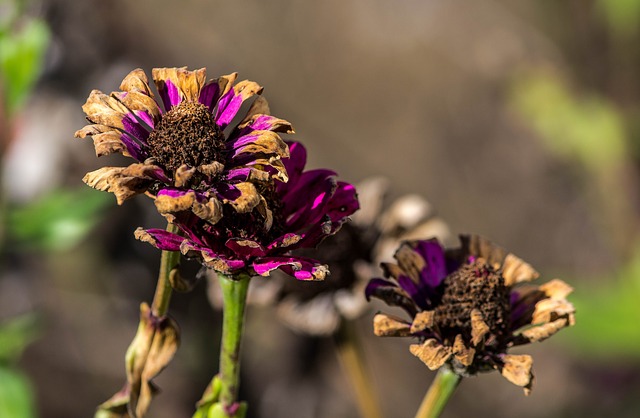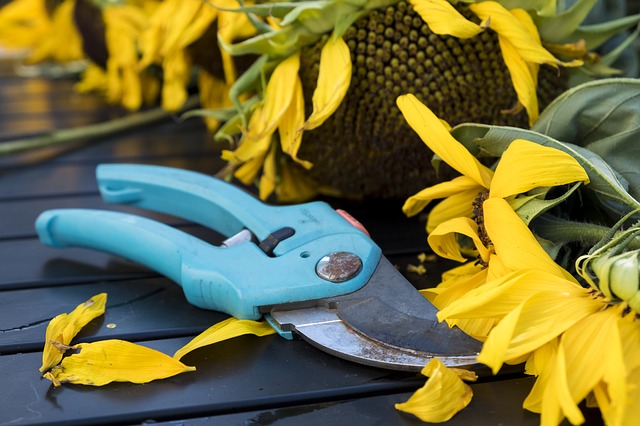
While gardening isn’t necessarily the most dangerous pastime one can think of, injuries do occur. Recent data suggests that in the US alone, over 300,000 gardening injuries occur annually. So whether you are a seasoned gardener or are just beginning, it’s important to be aware of the hazards present in our yards.
There are a number of common injuries gardeners are susceptible to. Luckily, there are also many ways to safeguard yourself against these injuries so you can enjoy gardening in health and longevity. Let’s take a look at three different gardening injuries and what you can do to prevent them.
Back And Muscle Pains
The repetitive motions involved in digging, raking, and weeding (and on your knees no less) can easily lead to muscle spasms and back pain for any gardener – young or old. Not only that but pruning, picking and digging, can require putting yourself into some awkward positions and that means risking back injuries as well.
How Can You Prevent Back And Muscle Pains?
Warm up before getting into the heavy stuff. Take a quick stroll around your garden to get your blood pumping and then do some simple stretches to prep your muscles for work. Add cushioning where possible: garden kneelers are readily available and are a good investment.
Use help: Getting yourself a garden cart or hand trolley will help you move pots and other heavy items around. Using your wheelbarrow as often as appropriate (even as something to put your tools in) can reduce the amount of time bending and carrying a load.
Additionally, experts agree that it is vital to take time to rest! Give yourself a break every hour. You can set a timer on your phone to remind yourself to stop for water, shade, and a stretch. Your body will thank you later.
Injuries And Wounds From Garden Equipment
According to the National Electronic Injury Surveillance System, (which collects data around US emergency room visits) one of the most common injuries in the garden is a wound caused by the sharp edges and pointy tips of garden tools. Additionally devoted gardeners are often plagued by blisters, callouses, and muscle pains in their hands.
How Can You Prevent Injuries From Garden Equipment?
It is important to make sure you keep up with your garden equipment – don’t let items get rusty and dirty. And always be mindful that your gardening tools fit your hand size. This will help you avoid damage to the skin and muscle of your hands.
Lacerations are also among some of the most common gardening injuries. For this reason, be sure to wear gloves when working in soil. This is very important because if you have open wounds on your hands, organisms from the soil can get it in and cause infection.
Or worse, you may come upon an old rusty piece of metal and the risk of tetanus is quite high in this case. Work gloves can safeguard you against a whole host of these common injuries.
Harm To Skin
There are two ways gardeners become susceptible to damaging their skin while gardening. First off, the risks associated with sun exposure are significant for avid gardeners. We all know the dangers of getting too much sun. According to WebMD, exposure to sun causes pre-cancerous and cancerous cells, fine lines and wrinkles, freckles and benign tumors just to name a few!
How Can You Prevent Excess Sun Exposure?
In addition to avoiding the hottest parts of the day, be sure to cover up with long sleeves, pants and a hat. Another method to avoid sun exposure is to plan your gardening for a time during the day when your garden is shaded from the sun.
This way you can enjoy your time out in your garden and you skin doesn’t have to suffer. Regardless of if you’re gardening in the shade or direct sunlight, don’t forget to apply sunscreen every one to two hours.
Other Skin Related Injuries
According to the CDC, biting and stinging insects are another serious threat to gardeners’ skin health. Mosquitoes, ants and scorpions are the first to come to mind but there are many insects that can turn a beautiful day sour very quickly. Be sure to wear gloves, long sleeves, and apply insect repellent in order to avoid and protect from getting bitten or stung.
Gardening is a serene way to connect with the earth and disconnect from the noise of our culture. However, gardening injuries are a real threat and can certainly be a significant setback. By following this advice the safer, healthier and happier you and your garden will be.
Author Bio: Hi, I’m Zac When my wife told me I needed a better shed it started an obsession with everything in my yard. From building a shed to keeping chickens you can read about how you can do it yourself at ZacsGarden.com
Start Shopping for Gardening Supplies!
Does Copper Tape Stop Slugs?
Does copper tape stop slugs? The answer is yes. And you can use this simple solution to keep your plants safe from those slimy plant-eating pests. Repel Slimy Garden Invaders Without Harm Despite being relatively small and very slow-moving, slugs can do a lot of...
Coffee Grounds For Flowers
For many of us, there’s nothing we’d rather do than relax with a cup of coffee near the flower garden. Most people don’t realize however that the grounds used to make our coffee can help to increase the health and beauty of our garden. Here’s what you’ll need to know...
Coffee Grounds For Roses
Using coffee grounds for roses is a fabulous way to improve the health of your plants, helping them to produce those gorgeous flowers you’ve been dreaming of. But there are a few things you’ll need to know before getting started. Conditions Roses Prefer Roses do best...
Do Roses Like Coffee Grounds?
Do roses like coffee grounds? This is something many gardeners wonder about, especially since feeding roses coffee grounds has been a practice that’s been around a very long time. The answer is yes they do, and here’s what you’ll want to know. Roses And Acidic Soil...
How To Use Coffee Grounds For Grass
You’ll want to think twice before you toss your used coffee grounds in the trash every day. Those grounds can actually be used to feed and increase the health of your lawn. Here’s everything you’ll want to know about using coffee grounds for grass. Advantages Of...
Are Coffee Grounds Good For Grass?
Are coffee grounds good for grass? The answer is yes, so you may want to think twice before throwing away your used grounds after your morning cup of coffee. Instead, you can put them to work helping increase the beauty of your lawn. Benefits Of Using Coffee Grounds...
Are Worms Good For Your Lawn?
Despite their slimy looks worms are well-known for being very helpful in the garden. But are worms good for your lawn? You bet they are, and here’s why! Aeration As worms travel from place to place in the soil below your lawn, they create a maze of tunnels. And those...
How To Use Coffee Grounds For Snails
You don’t have to kill those annoying garden snails in order to keep them from eating your plants. In fact, you can use your morning coffee as a non-lethal weapon against them. When they come into contact with your coffee grounds snails will turn right around and...
How To Use Coffee Grounds For Ants
There are endless sprays and poisons you can use to get rid of ants. However, you won’t have to look any further than your morning cup of coffee if you’d like a repellent that doesn’t contain any harmful chemicals. By using coffee grounds ants will stay away and kids...
Which Plants Like Coffee Grounds?
While using coffee grounds in the garden offers quite a few benefits, they can be slightly acid and therefore not appropriate for all plants. So which plants like coffee grounds? Here’s what you’ll need to know. The Basics Of Coffee Grounds Coffee grounds contain...
Coffee Grounds And Hydrangeas
While many people love their hydrangeas, they often would love them even more if they were blue. Luckily the grounds from your morning cup of coffee can help you to achieve those gorgeous blue blooms. Here’s what you’ll need to know about coffee grounds and...
Coffee Grounds For Worms
Worms are an extremely helpful component of any compost bin or pile, not to mention worm farms. And it turns your morning cup of coffee can contribute to their diet. Using coffee grounds for worms is an easy way to keep them from heading to the local landfill while...
Using Coffee Grounds In The Garden
Your morning cup of coffee can help you to not only start your day off right, but in the garden as well. The grounds used to make it have many important properties that are ideal for both plants and soil. By using your coffee grounds in the garden you’ll be able to...
Using Coffee Grounds In Compost
It’s estimated that over two billion cups of coffee are consumed around the world each and every day. And that’s an enormous volume of grounds which are used and then tossed in the trash. By using coffee grounds in compost instead, you can help cut down on waste and...
Used Tea Bags In The Garden
Many people don’t realize that once you’ve had a cup of tea, your tea bag can be used again in quite a few other ways. There are actually many great uses for used tea bags in the garden. And here are some of the best! Free Natural Fertilizer The tea leaves and...
Used Tea Bags In The Compost
The next time you have your daily cup of tea, you may want to think twice about throwing that tea bag in the trash. Instead of contributing extra waste to landfills, you can help the environment and your garden by placing used tea bags in the compost. But before you...
5 Eco-Unfriendly Things You Do That Kill Your Garden
Any budding gardener out there wants to do the best for their garden and their plants. But are you accidentally causing it harm? Here are five eco-friendly things you do that kill your garden: Buying Plants that Contain Pesticides You may not use pesticides yourself...
7 Reasons You Need to Start Gardening Now
Looking for a fun hobby to help you relax? Get outside and get to work in a garden. Gardening has a variety of benefits for your mental, physical and spiritual health. Wondering how tending to plants can help you tend to your health? Here are seven ways gardening can...
Quick Tips To Speed Up Compost Times
Compost is an excellent soil conditioner and natural fertilizer. However, it can take quite a while for it to break down into a form that you can use. Luckily there are a handful of simple things you can do to help speed up compost times without much effort. Size In...
6 Common Types Of Soil Deficiency And How To Solve Them
Unfortunately, not all soil has the nutrients that plants need to grow and thrive. In some cases, it may be lacking in one area or another and therefore need a boost. Here are the most common types of soil deficiency and the best ways to deal with each of them....
